
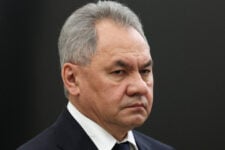
Andrei Belousov will be the third in a series of Russian Defense Ministers with no military experience and no background in national security matters.
By Reuben Johnson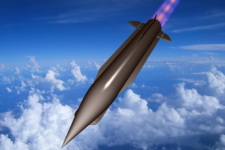
The various suppliers were all picked to join a Hypersonic Technologies and Capability Development Framework (HTCDF) agreement, making them eligible to compete for eight lots worth a maximum value of £1 billion ($1.3 billion) over the next seven years.
By Tim Martin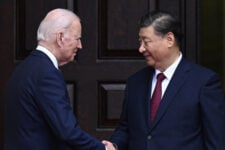
Mid-level officials from the NSC and State Department will lead the talks, which follow on Xi-Biden summit last November. No public joint statement is expected, let alone a formal agreement.
By Sydney J. Freedberg Jr.
Gen. Angus Campbell also defended the conduct of the Australian military after a recent run-in with Chinese helicopters.
By Colin Clark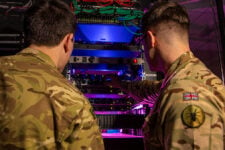
“We do have indications that this was the suspected work of a malign actor and we cannot rule out state involvement,” Grant Shapps, UK defense secretary told lawmakers.
By Tim Martin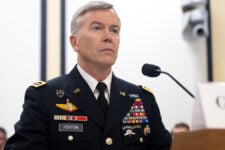
“We haven’t seen … the arrival of that many different, I would call ecosystems or capabilities, going that fast together in quite some time,” SOCOM Commander Gen. Bryan Fenton said of new technologies changing the nature of warfare.
By Michael Marrow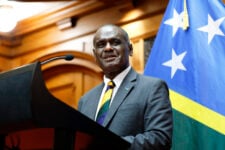
Still, Jeremiah Manele signaled he may take a more balanced approach to the East-West power struggle, recently saying it’s “important to treat every and all of our partners as equals.”
By Colin Clark
“We have recognized in our threat analysis that we need these capabilities in our wing in order to make our three wing missions executable,” Col. Joshua Koslov said of activating two EW squadrons. “And so that’s exactly what’s driving it.”
By Michael Marrow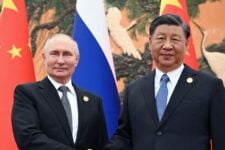
China watchers are asking whether Feng’s article is a step in the evolution of differences in Chinese and Russian positions — or is it an overt signal of internal Chinese Communist Party debate over Beijing’s policy of supporting Putin’s war in Ukraine?
By Reuben Johnson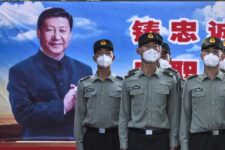
“What does seem clear at this point is that the PLA recognizes that its reforms and modernization efforts are an ongoing effort, which will require further adjustments,” author Dean Cheng writes.
By Dean Cheng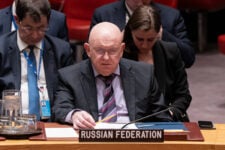
“Although Russia would not be expected to vote for a resolution aimed at its own conduct, its response that it is ‘against’ putting nuclear weapons in space is just vague enough to not quite be reassuring,” said Jessica West of Canada’s Project Ploughshares.
By Theresa Hitchens
There are flashpoints to watch as Argentina navigates its future between the polar attractions of Washington and Beijing, including future defense deals and a deep space facility.
By Wilder Alejandro Sanchez
Washington could do more to incentivize tech companies to distance themselves from China, but CEOs should examine how they’d react to a fight in the Pacific, CSET’s Sam Bresnick and Emelia Probasco argue.
By Sam Bresnick and Emelia Probasco
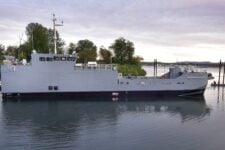

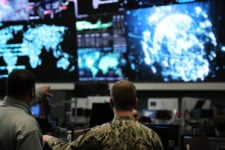
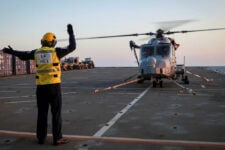

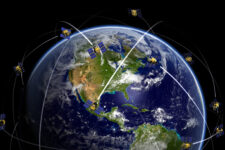
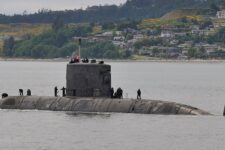
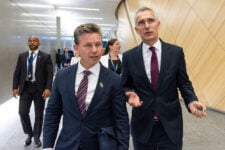
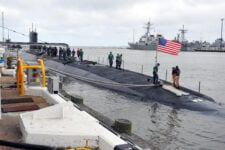
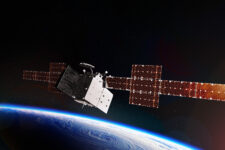
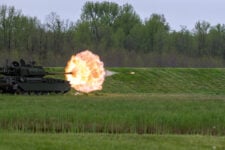



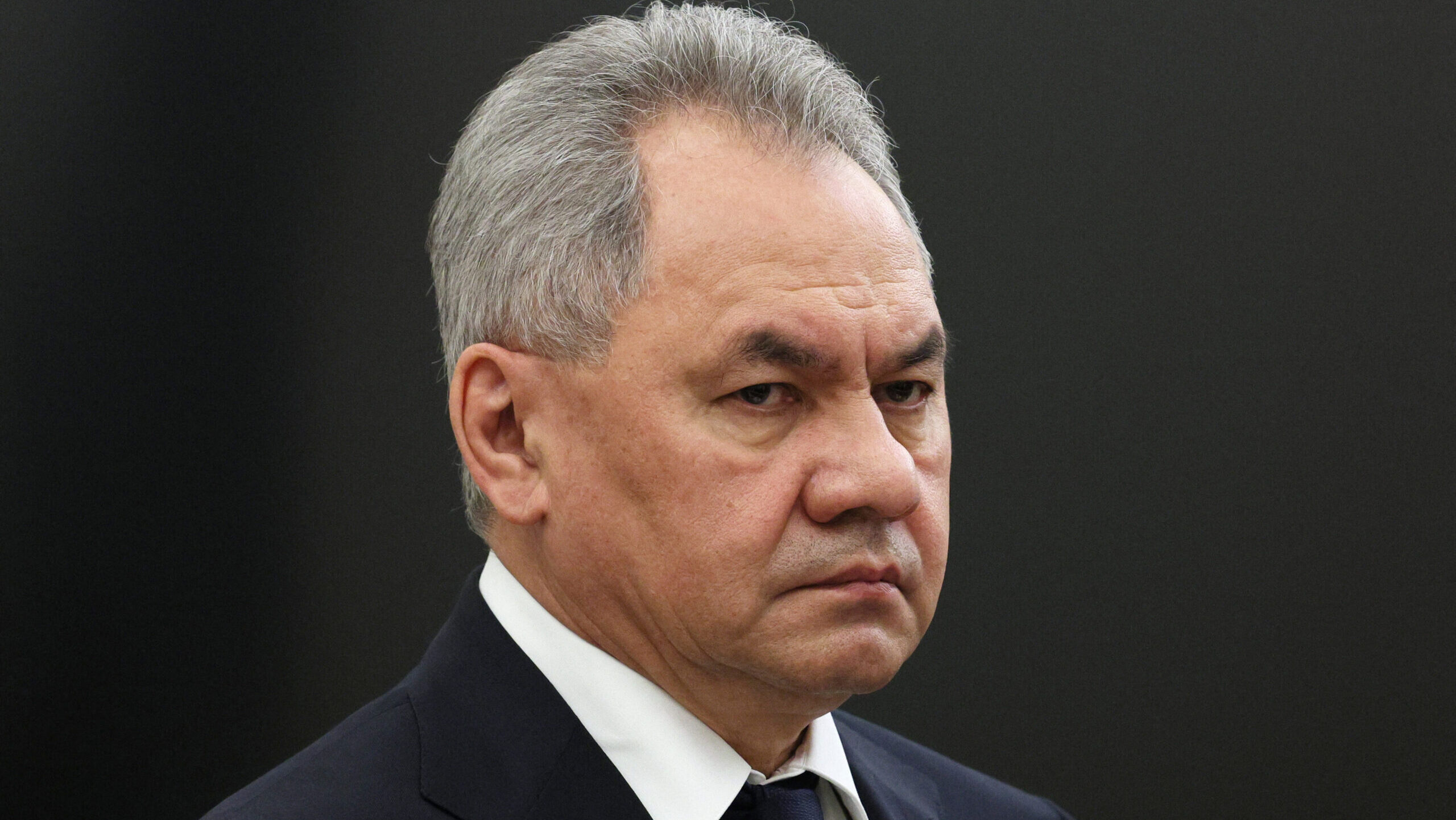
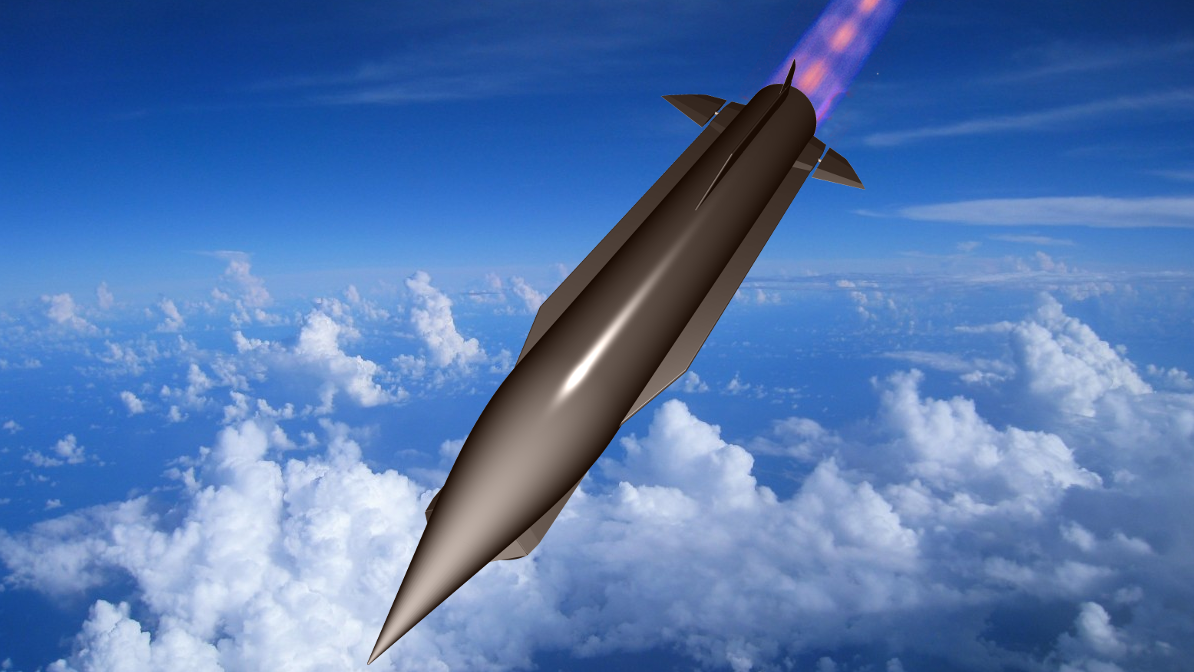
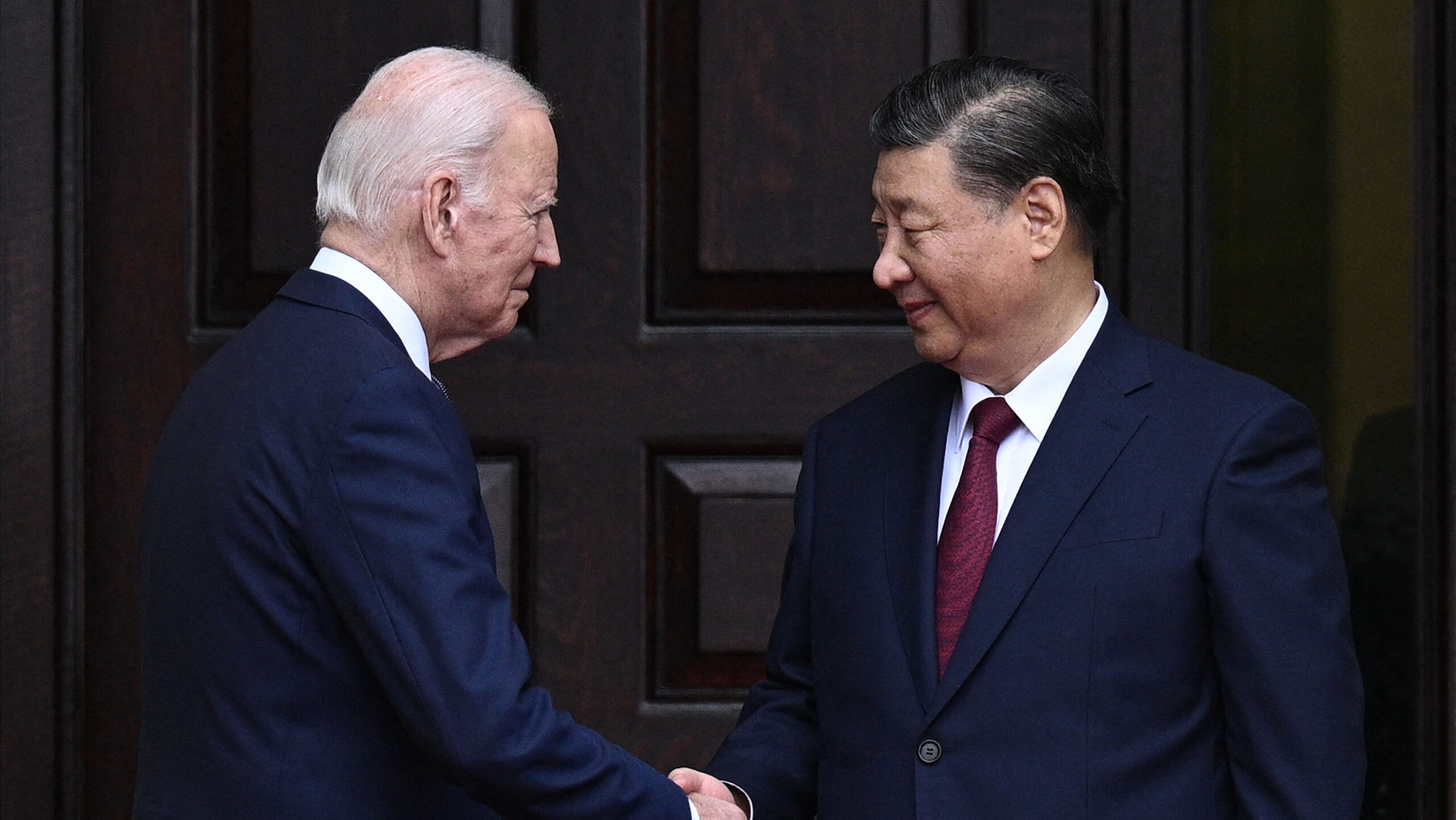
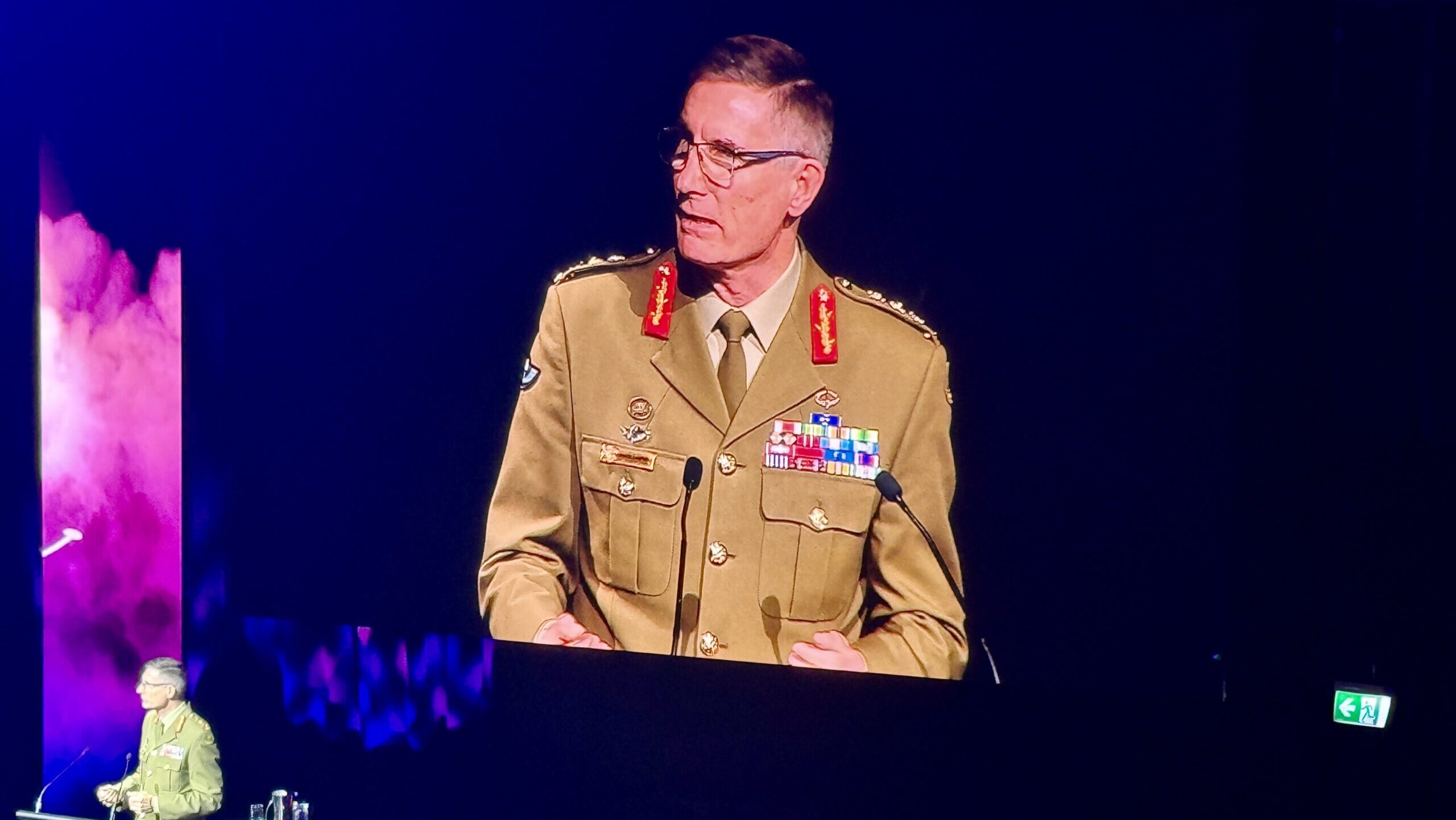
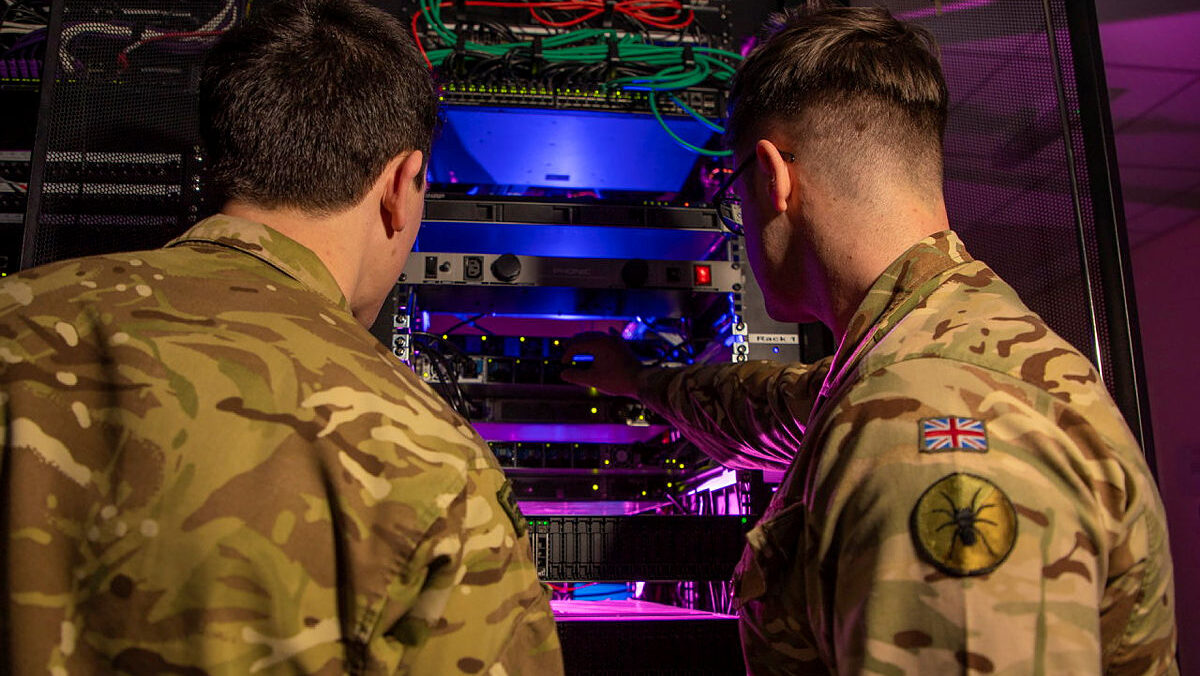
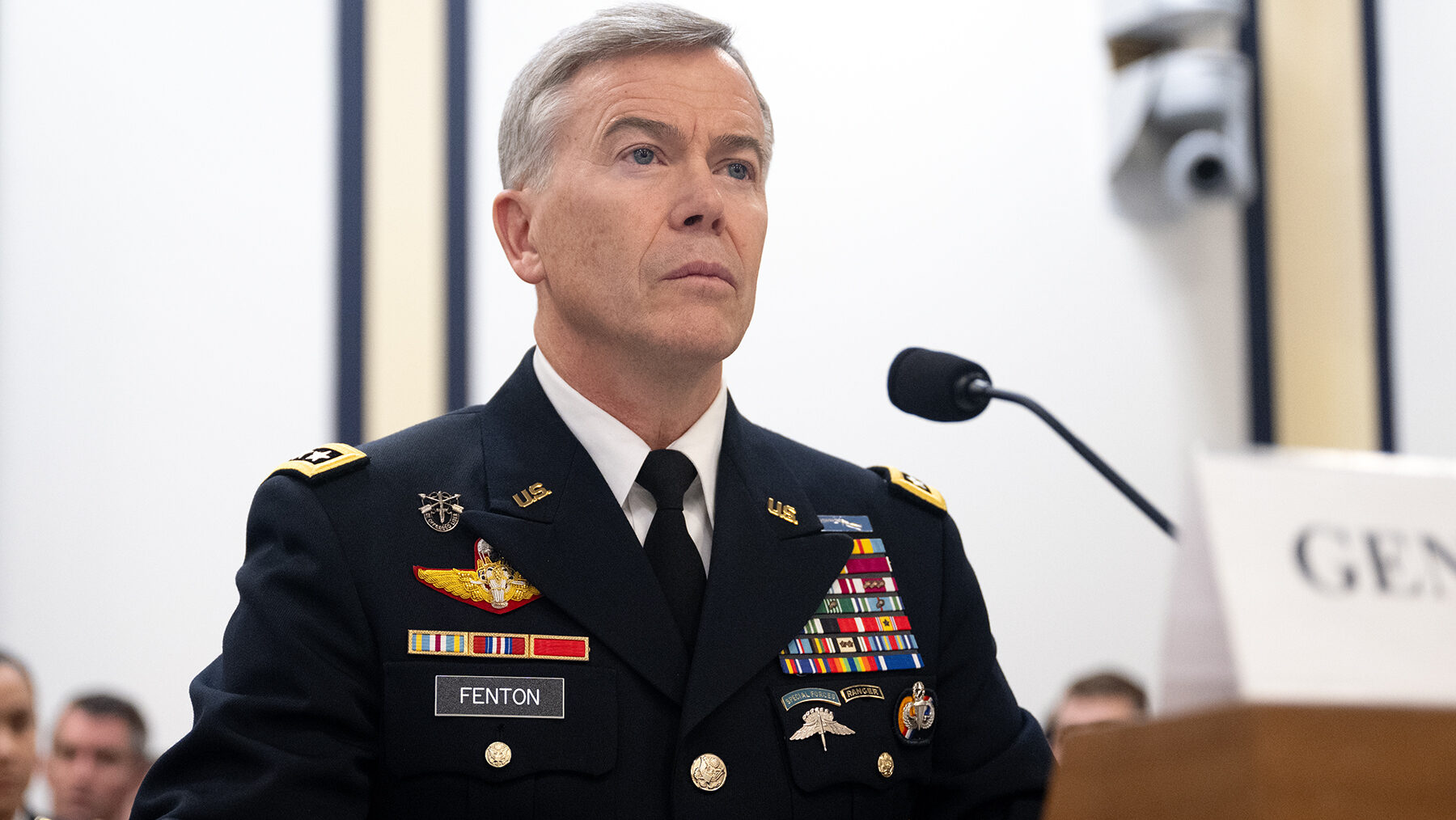
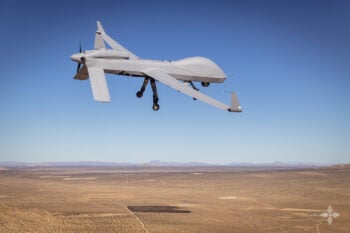
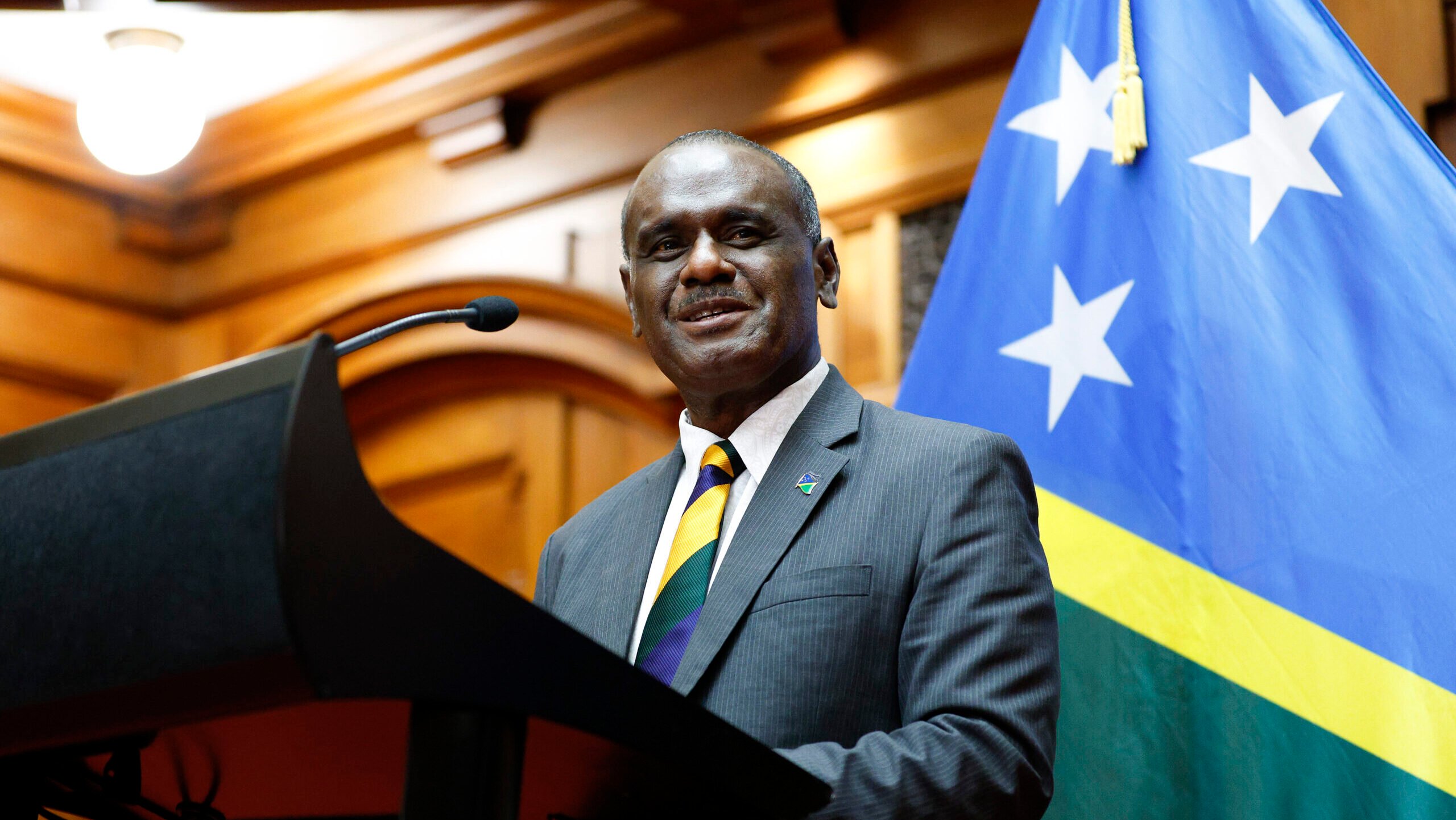

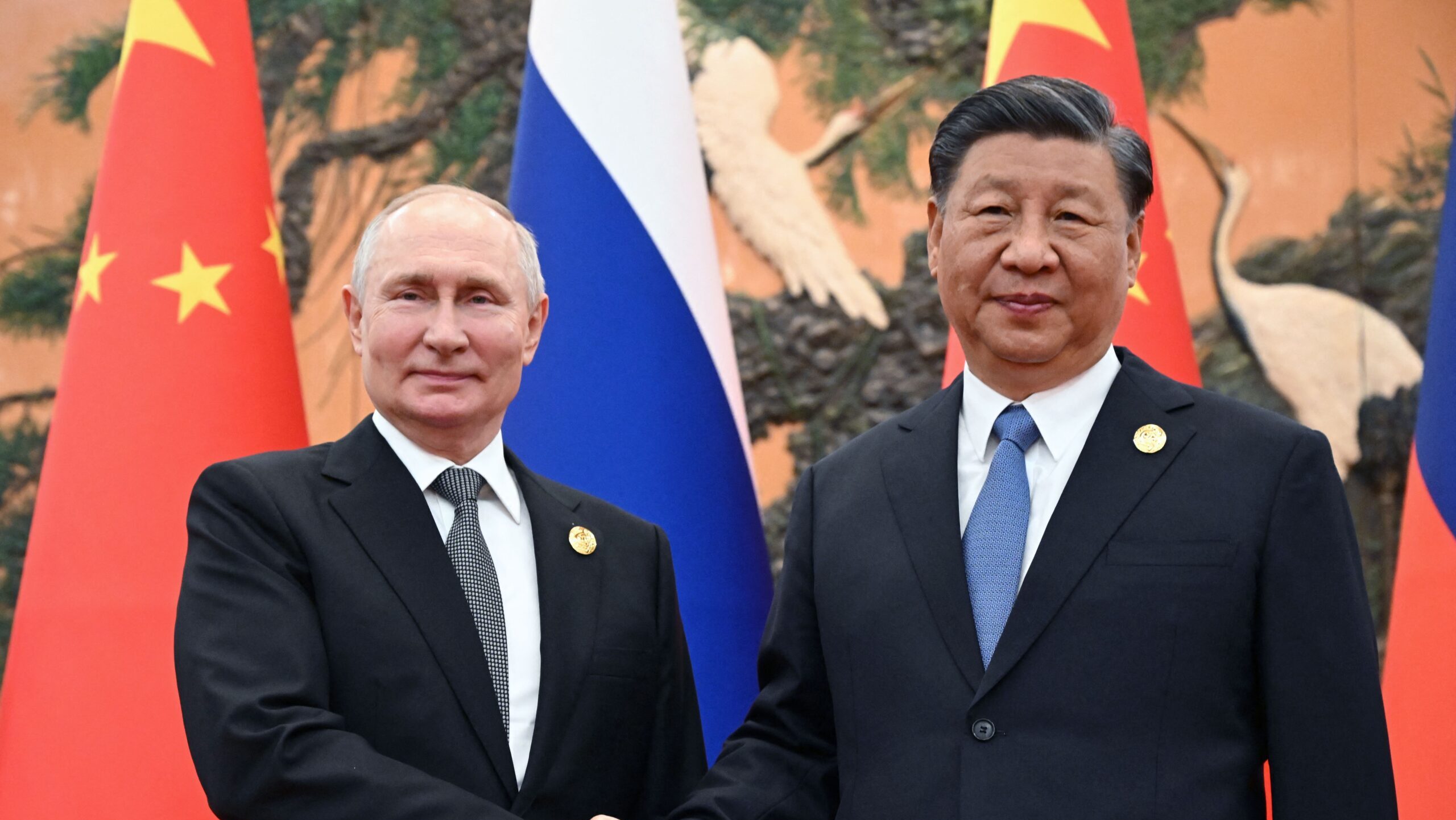
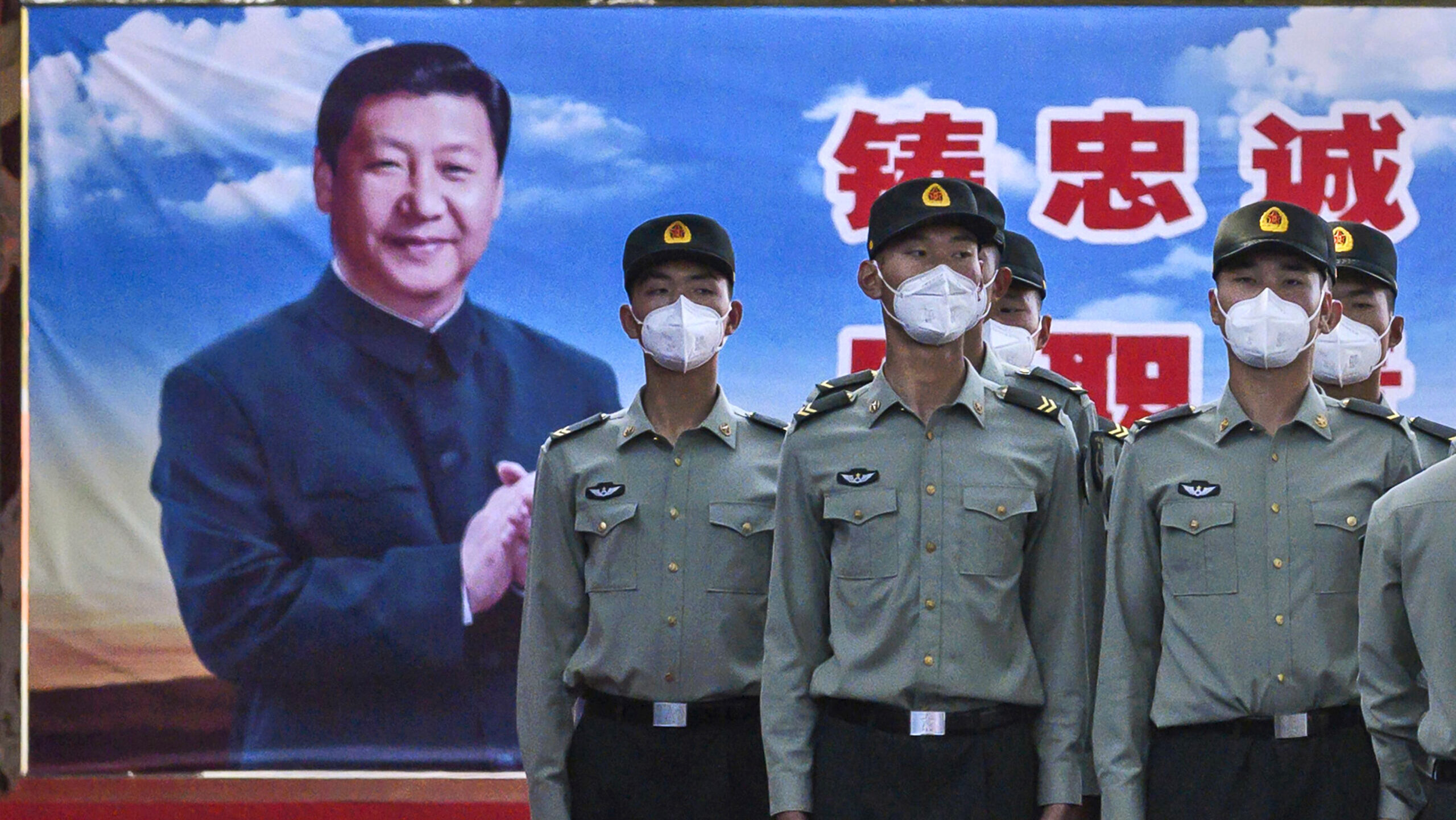
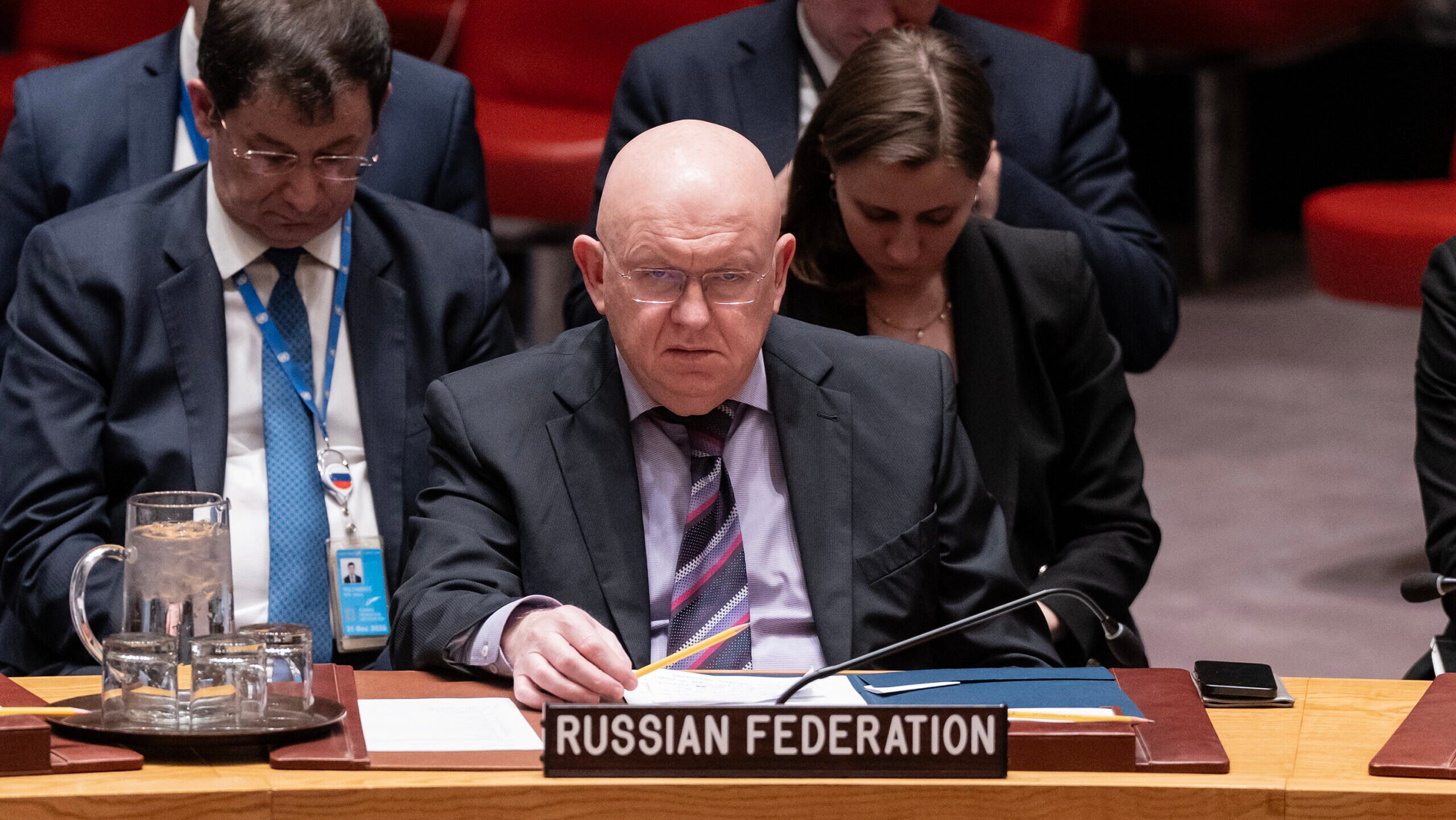
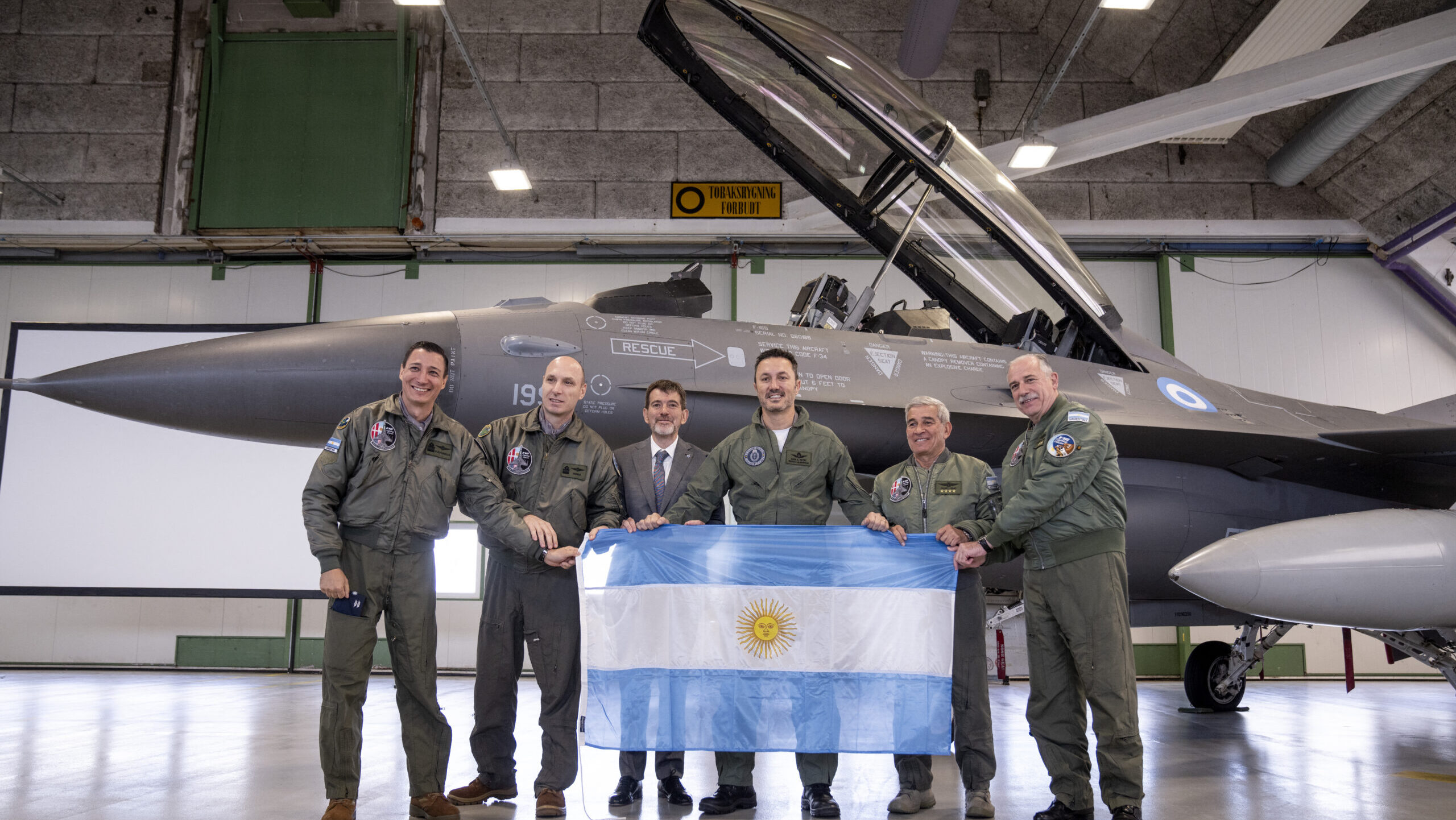
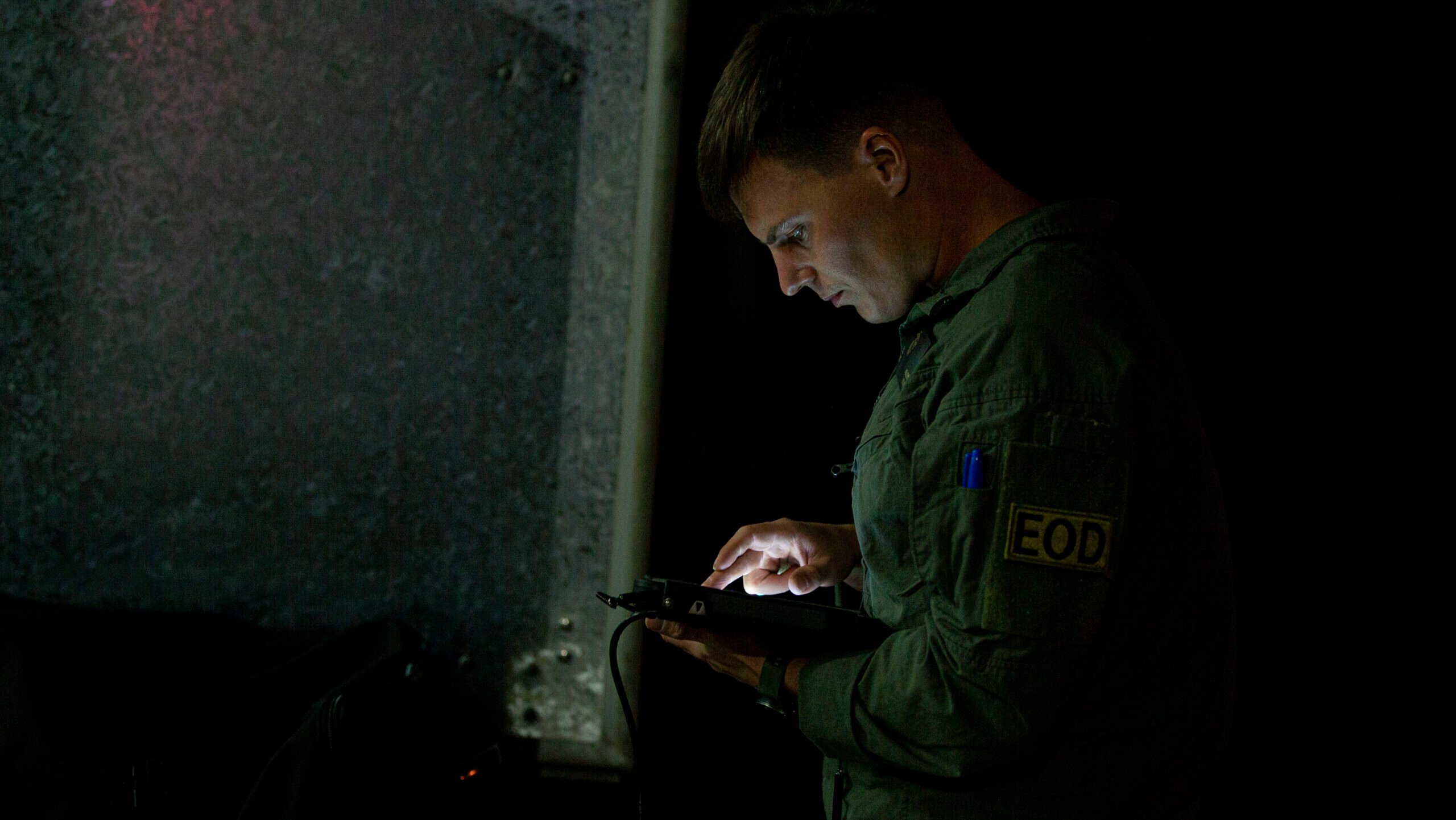

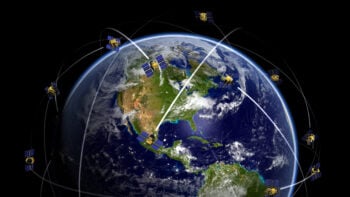
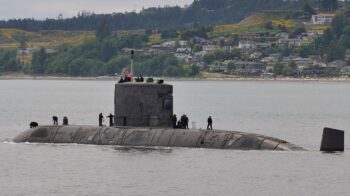


Thelmar Rosarda and Nathaniel Schochet of CNAS argue in this op-ed that the US should strengthen its partnerships with countries to combat China’s aggression in the South China Sea.
By Thelmar Rosarda and Nathaniel Schochet